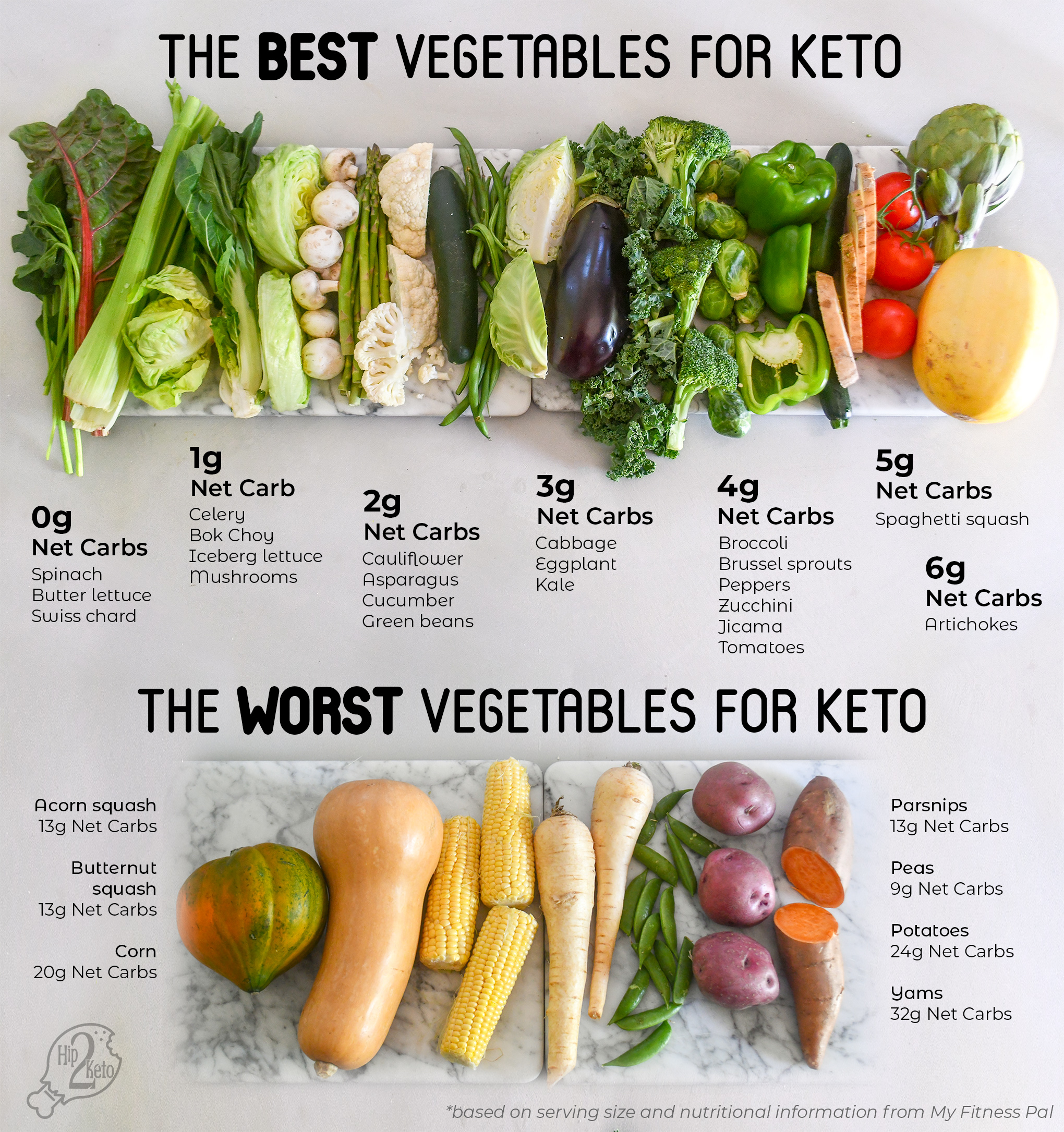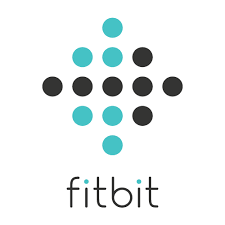Table of Contents
Should I do the Keto diet?
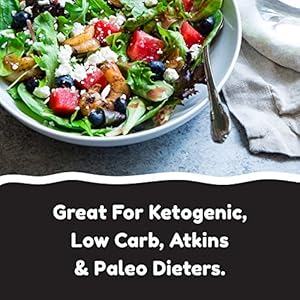
Should I do the Keto diet? – Low-carbohydrate diet (or no carbohydrate diet) is a diet selection that limits the amount of carbohydrates ingested by dieters, while increasing the amount of protein and fat eaten.
Different diet options that allow the consumption of different amounts of carbohydrate each day. The principle behind low-carb diets is that carbohydrates cause blood sugar levels to drop as it is metabolized by the body.
Essentially you want to keep blood sugar levels stable throughout the day to insure you are not spiking insulin the fat storing hormone.
This causes an increase in insulin levels reciprocity. Insulin controls blood sugar levels, but also leads to fat accumulation. The results of the low-carbohydrate consumption is less insulin production by the pancreas and therefore less fat deposits in fat cells store.
By limiting the “bad” carbohydrates in foods such as refined white rice, bread, pasta and potatoes and sweet desserts, those who support these diets support weight. Many supporters also promote eating “good” carbohydrates by eating foods such as fruits and vegetables as the main supplier of daily carbohydrate needs.
What are carbs?
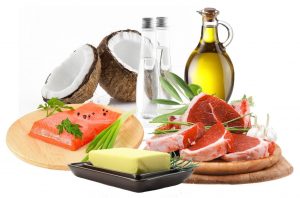
Carbohydrates are one of 3 macro nutrients (nutrients that form a large part of our diet) found in food – the others being fat and protein.
Hardly any foods contain only 1 nutrient, and most are a combination of carbohydrates, fats and proteins in varying amounts.
There are 3 different types of carbohydrates found in food: sugar, starch and fiber.
Are sugars OK?
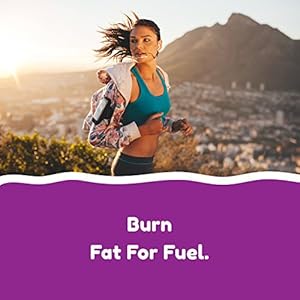
Do all carbs get converted to sugar, in a simple answer:” yes!! in one way shape or form. Complex carbs will release slower in your blood stream. So they are typically OK to eat.
Simple sugar is released quickly and gets stored as fat. These are the sugars added to food or drinks, including sugars in biscuits, chocolate, flavored yogurts, breakfast cereals and fizzy drinks.
These sugars may be added at home, or by another source or another food manufacturer.
Sugars in honey, syrups (such as maple, agave and golden), nectar’s (such as blossom), and unsweetened fruit juices, vegetable juices and smoothies occur naturally, but still count as free sugars.
Sugar found naturally in milk, fruit and vegetables are not as damaging.
How about starchy foods?
Starch is found in foods that come from plants. Starchy foods, such as bread, rice, potatoes and pasta, provide a slow and steady release of energy throughout the day.
Why do we need carbs?
Carbohydrates are important to your health for a number of reasons.
Energy
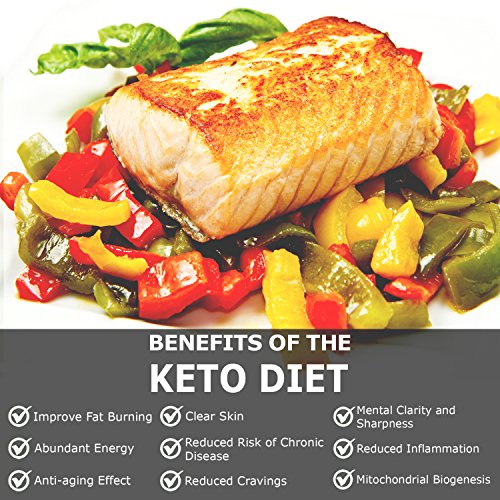
Carbohydrates should be the body’s main source of energy in a healthy, balanced diet, providing about 4 calories per gram. Fun fact for every gram of carbohydrates your body will hold 4 grams of water making you look puffy.
Carbohydrates are broken down into glucose (sugar) before being absorbed into the bloodstream. From there, the glucose enters the body’s cells with the help of insulin.
Glucose is used by your body for energy, fueling all of your activities, whether going for a run or simply breathing.
Unused glucose can be converted to glycogen found in the liver and muscles.
If more glucose is consumed than can be stored as glycogen, it’s converted to fat for long-term storage of energy.
Higher fiber starchy carbohydrates release sugar into the blood more slowly than sugary foods and drinks.
Do I need fibrous carbs?
Fiber is the name given to the diverse range of compounds found in the cell walls of foods that come from plants.
Good sources of fiber include vegetables with skins on, wholegrain bread, wholewheat pasta, and pulses (beans and lentils)
Typically it is said you can subtract the fiber carbs in food that you eat in your total net carb intake for the day as they do not get absorbed the same.
Benefits of High Fiber Carbohydrates
Fiber can help you avoid overeating. We also found that fiber can bind with cholesterol in the digestive tract, thus lowering blood cholesterol.
Disease risk associated with carbohydrates
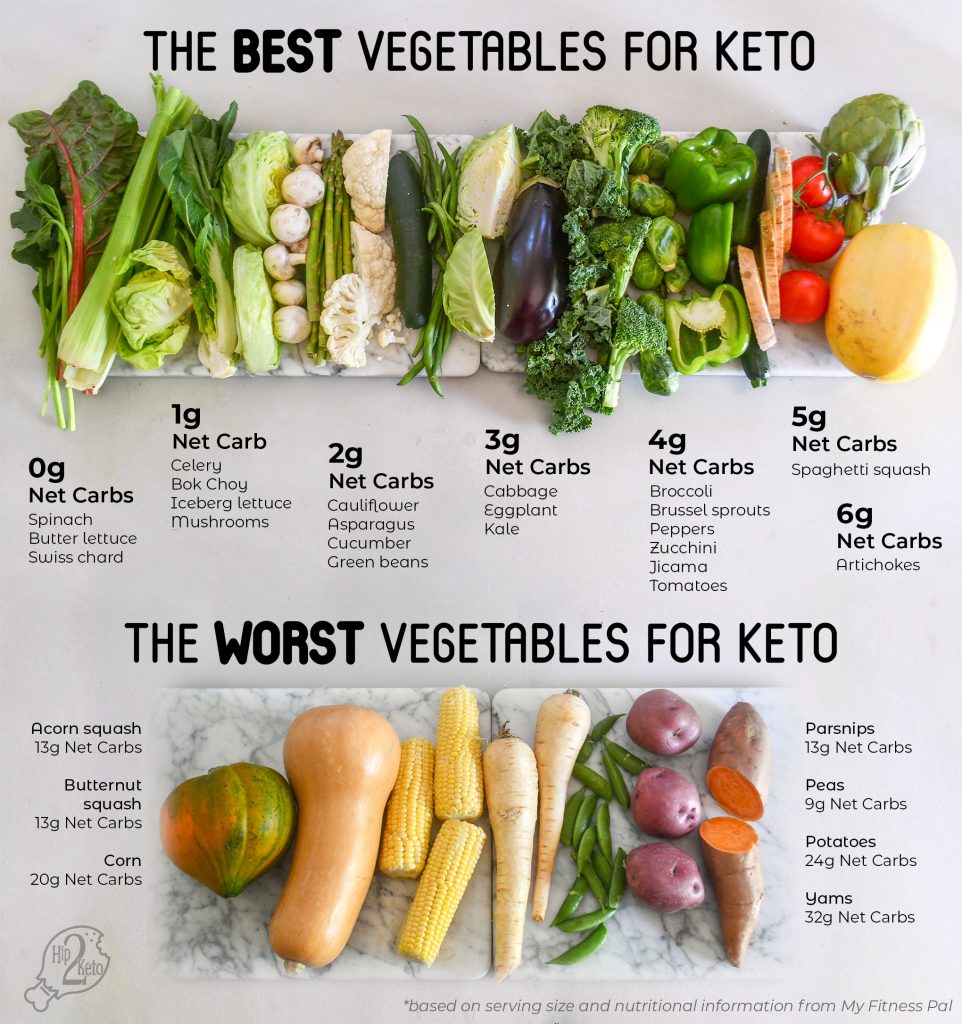
Fruit and vegetables, pulses, wholegrain and whole wheat varieties of starchy foods, and potatoes eaten with their skins on, are good sources of fiber.
Fiber is an important part of a healthy, balanced diet. It can promote good bowel health, reduce the risk of constipation, and some forms of fiber have been shown to reduce cholesterol levels.
Research shows diets high in fiber are associated with a lower risk of cardiovascular disease, type 2 diabetes and bowel cancer.
Carbohydrate contains fewer calories gram for gram than fat, and starchy foods can be a good source of fiber, which means they can be a useful part of maintaining a healthy weight.
By replacing fatty, sugary foods and drinks with higher fiber starchy foods, it’s more likely you’ll reduce the number of calories in your diet.
Also, high-fiber foods add bulk to your meal, helping you feel full.
Should I cut out carbohydrates?

While we can most certainly survive without sugar, it would be quite difficult to eliminate carbohydrates entirely from your diet.
Carbohydrates are the body’s main source of energy. In their absence, your body will use protein and fat for energy.
It may also be hard to get enough fiber, which is important for long-term health.
Healthy sources of carbohydrates, such as higher fiber starchy foods, vegetables, fruits and legumes, are also an important source of nutrients, such as calcium, iron and B vitamins.
Significantly reducing carbohydrates from your diet in the long term could put you at increased risk of insufficient intakes of certain nutrients, potentially leading to health problems.
Cutting out carbohydrates from your diet could put you at increased risk of a deficiency in certain nutrients, leading to health problems, unless you’re able to make up for the nutritional shortfall with healthy substitutes.
Replacing carbohydrates with fats and higher fat sources of protein could increase your intake of saturated fat, which can raise the amount of cholesterol in your blood – a risk factor for heart disease.
When you’re low on glucose, the body breaks down stored fat to convert it into energy. This process causes a build-up of ketones in the blood, resulting in ketosis.
Ketosis as a result of a low-carbohydrate diet can be linked, at least in the short term, to headaches, weakness, nausea, dehydration, dizziness and irritability.
Try to limit the amount of sugary foods you eat and instead include healthier sources of carbohydrate in your diet, such as wholegrains, potatoes,
vegetables, fruits, legumes and lower fat dairy products.
How does cutting out carbohydrates effect energy levels?
Carbohydrates will play a huge roll when first starting a low carbohydrate diet. You will feel lethargic tired, foggy. It will be hard to concentrate but
you will make it. Some people report feeling like this for 2 weeks. “The keto flu” is probably the biggest obstacle if one is to chose going on a keto
diet , this is where people give up most frequently.
If you are able to get past the first few weeks than your energy will come back when your body switches running off of carbs to proteins and fats,
(this is called ketosis). Most people report have more energy and rapid fat loss.
How does cutting out carbohydrates effect you mood?
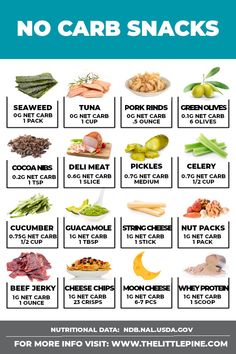
We routinely utilize a low-sugar – low carbs diet, which produces proof of lower serotonin, especially “In individuals with a past filled with sadness—yet not in those without—this eating regimen brings down happiness levels only slightly according to a nation wide research plan. Its important to keep a positive mindset in these circumstances and you will be fine. It is just the first little bit of low carb days that will be the worst.
Do I need carbs to go to the washroom?
Any alteration on your weight loss plan can lead to changes to your bowel behavior, particularly when you first get commenced. In studies on kids with epilepsy being treated with the keto eating regimen, constipation is a well-known. Few humans find the side effect of persevered constipation to be troubling so that they surrender on a low-carb weight loss program. Just keep in mind that you must keep the fiber high to keep things moving.
What can I substitute for carbs?
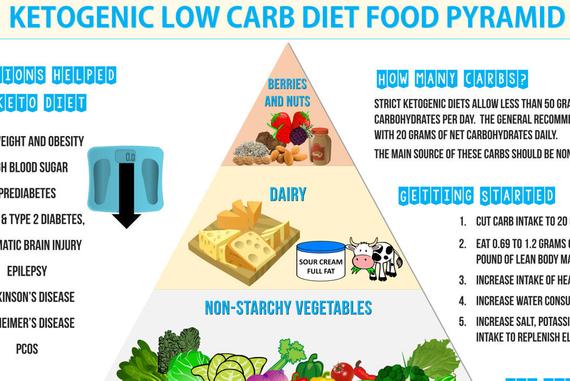
-
Bread With Eggplant and Zucchini.
-
Bread With Cauliflower Bread.
-
Bread With Portobello Mushrooms.
-
Tortillas With Lettuce Wraps.
-
Pasta With Zucchini Noodles.
-
Rice With Cauliflower Rice.
-
Pasta With Spaghetti Squash.
Does protein and fat provide energy?
While carbohydrates, fat and protein are all sources of energy in the diet, the amount of energy each one provides varies:
carbohydrate provides: about 4kcal (17kJ) per gram
protein provides: 4kcal (17kJ) per gram
fat provides: 9kcal (37kJ) per gram
In the absence of carbohydrates in the diet, your body will convert protein (or other non-carbohydrate substances) into glucose, so it’s not just carbohydrates that can raise your blood sugar and insulin levels.
If you consume more calories than you burn from whatever source, you’ll gain weight?

So cutting out carbohydrates or fat doesn’t necessarily mean cutting out calories if you’re replacing them with other foods containing the same number of calories.
Are carbohydrates more filling than protein?
Carbohydrates and protein contain roughly the same number of calories per gram. But other factors influence the sensation of feeling full, such as the type, variety and amount of food eaten, as well as eating behavior and environmental factors, like serving sizes and the availability of food choices.
The sensation of feeling full can also vary from person to person. Among other things, protein-rich foods can help you feel full, and we should have
some beans, pulses, fish, eggs, meat and other protein foods as part of a healthy, balanced diet.
But we shouldn’t eat too much of these foods. Remember that starchy foods should make up about a third of the food we eat, and we all need to eat more fruit and vegetables.
How much carbohydrates should I eat?
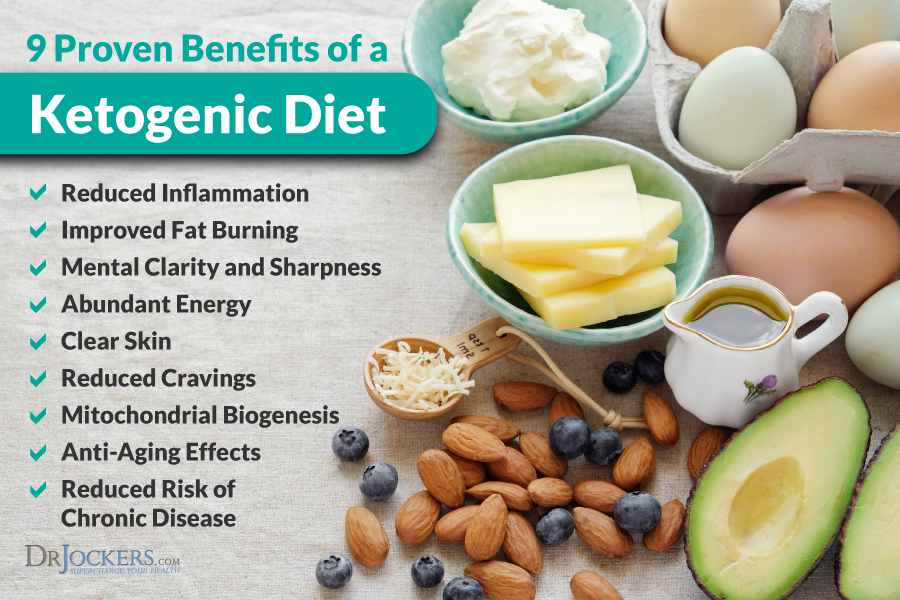
The government’s healthy eating advice, illustrated by the food guide recommends that just over a third of your diet should be made up of starchy
foods, such as potatoes, bread, rice and pasta, and over another third should be fruit and vegetables. This means that over half of your daily calorie
intake should come from starchy foods, fruit and vegetables. Everyone’s body is different and energy needs calculated are different.
What carbohydrates should I be eating? Is fruit OK?
Fruit, vegetables and starchy foods (especially higher fiber varieties) provide a wider range of nutrients (such as vitamins and minerals), which are
beneficial to health. The fiber in these foods can help keep your bowels healthy and adds bulk to your meal, helping you feel full.
What can I do to increase my fiber intake?
To increase the amount of fiber in your diet, aim for at least 5 portions of a variety of fruit and veg a day.
Go for higher fiber varieties of starchy foods and eat potatoes with skins on. Try to aim for an average intake of 30g of fiber a day.
Can eating low glycemic index (GI) foods help me lose weight?
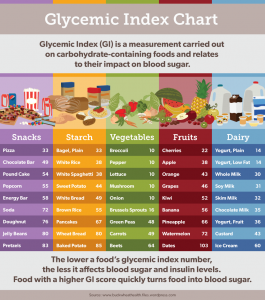
The glycemic index (GI) is a rating system for foods containing carbohydrates. It shows how quickly each food affects glucose (sugar) levels in your
blood when that food is eaten on its own.
Some low-GI foods, such as wholegrain foods, fruit, vegetables, beans and lentils, are foods we should eat as part of a healthy, balanced diet.
But using GI to decide whether foods, or a combination of foods, are healthy or can help with weight reduction can be misleading.
Although low-GI foods cause blood sugar levels to rise and fall slowly, which may help you to feel fuller for longer, not all low-GI foods are healthy.
For example, watermelon and parsnips are high-GI foods, while chocolate cake has a lower GI value.
And the way a food is cooked and what you eat it with as part of a meal will change the GI rating.
This means GI alone isn’t a reliable way of deciding whether foods, or combinations of foods, are healthy or will help you lose weight.
Do carbohydrates make you fat?
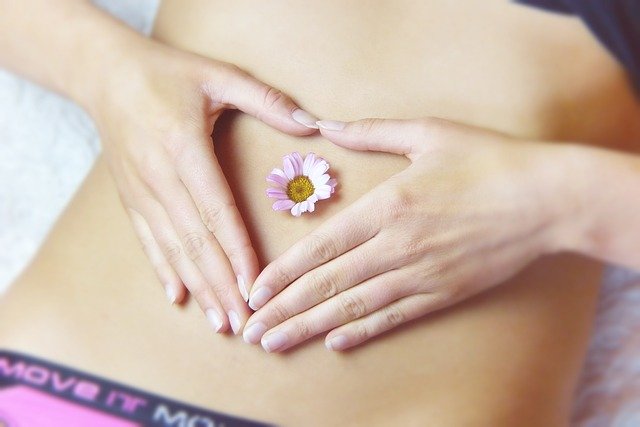
Any food can cause weight gain if you overeat. Whether your diet is high in fat or high in carbohydrates, if you frequently consume more energy than your body uses you’re likely to put on weight.
In fact, gram for gram, carbohydrate contains fewer than half the calories of fat. Wholegrain varieties of starchy foods are good sources of fiber.
Foods high in fiber add bulk to your meal and help you feel full.
But foods high in sugar are often high in calories, and eating these foods too often can contribute to you becoming overweight.
There’s some evidence that diets high in sugar are associated with an increased energy content of the diet overall, which over time can lead to weight gain.
Can cutting out wheat help me lose weight?
Some people point to bread and other wheat-based foods as the main culprit for their weight gain.
Wheat is found in a wide range of foods, from bread, pasta and pizza to cereals and many other foods.
But there’s not enough evidence that foods containing wheat are any more likely to cause weight gain than any other food.
Unless you have a diagnosed health condition, such as wheat allergy, wheat sensitivity or celiac disease, there’s little evidence that cutting out wheat
and other grains from your diet would benefit your health.
Grains, especially wholegrain, are an important part of a healthy, balanced diet.
Wholegrain, wholemeal and brown breads give us energy and contain B vitamins, vitamin E, fiber and a wide range of minerals.
White bread also contains a range of vitamins and minerals, but it has less fiber than wholegrain, wholemeal or brown breads.
If you prefer white bread, look for higher fiber options. Grains are also naturally low in fat.
Find out if cutting out bread could help ease bloating or other digestive symptoms.
Should people with diabetes avoid carbs?
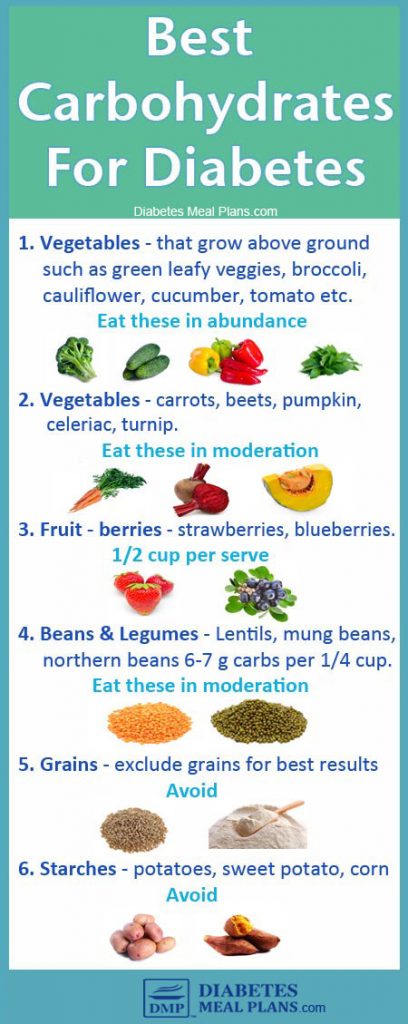
People with diabetes should try to eat a healthy, balanced diet, as shown in the food guide.
They should also include higher fiber starchy foods at every meal. Steer clear of cutting out entire food groups.
It’s recommended that everyone with diabetes sees a registered dietitian for specific advice on their food choices. Your doctor can refer you to a registered dietitian.
There’s some evidence that suggests low-carbohydrate diets can lead to weight loss and improvements in blood glucose control in people with type 2 diabetes in the short term.
But it’s not clear whether the diet is a safe and effective way to manage type 2 diabetes in the long term.
Weight loss from a low-carbohydrate diet may be because of a reduced intake of calories overall and not specifically as a result of eating less carbohydrate.
There also isn’t enough evidence to support the use of low-carbohydrate diets in people with type 1 diabetes.
The best way to manage diabetes is by taking prescribed medications and by maintaining a healthy lifestyle that includes plenty of physical activity,
and a balanced diet that is low in saturated fat, salt and sugar and rich in fruit and vegetables, without completely cutting out any particular food groups.
Do we need carbohydrates in fitness?
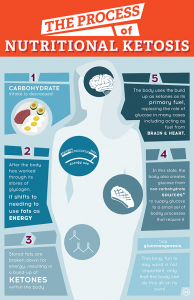
Carbohydrates, fat and protein all provide energy, but exercising muscles rely on carbohydrates as their main source of fuel.
But muscles have limited carbohydrate stores (glycogen) and need to be topped up regularly to keep your energy up.
A diet low in carbohydrates can lead to a lack of energy during exercise, early fatigue and delayed recovery.
Would Less Carbs Help With Losing Belly Fat?
Belly Fat Burning focuses on the five-stage approach to weight loss and maintenance. An individual enters the program at the point they feel best fits their needs.
Five phases commence with almost no carbohydrates in the diet to make weight loss very quickly. Dieters then progressed to the next stage for
weight loss continues but at a slower pace. They are allowed to increase as well as the broader carbohydrate food choices.
The third phase is the phase close to the goal weight and allows more carbohydrates and last phase is the maintenance phase, which allows the
carbohydrates reduced but otherwise normal diet by eating protein, healthy fats, and enough carbohydrates to supply energy needs.
The main use of carbohydrates by the body is to produce energy and carbohydrate restriction absorption can lead to lower energy levels. This has
proven to be successful and especially when properly supervised. Many weight loss programs focus their programs on a modified form of low-carbohydrate diets.
Do not eat carbohydrates after 8:00 pm because you will never burn them off?
Is there such a thing as a good time or a bad time to eat? Your body will add pounds if you eat at the wrong time, or will your party if you miss the
window of time to prevent passion? Because everyone has a theory about when and when not to eat, we asked a team of nutritionists to separate the
myths from the facts and determine the time of eating.
The reason here is that, at night, your body will not use fuel which we eat because we are not very active (in fact, we usually sleep). To some extent
this is true. If we do not use the calories we take in, they are temporarily stored in the muscles or liver, whether they come from carbohydrates,
protein, or fat food. Fortunately, the calories in / calories out great books do not close every night and start fresh the next day; You can use the calories the next day.
When is the best time to eat carbohydrates?
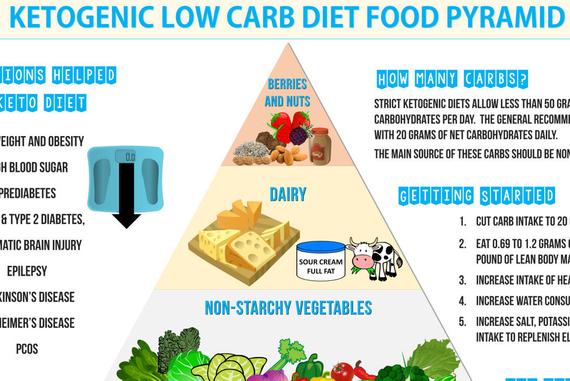
There’s little scientific evidence that one time is better than any other.
It’s recommended that you base all your meals around starchy carbohydrate foods and you try to choose higher fiber wholegrain varieties when you
can. One or two hours before exercise, eat a combination of protein and carbohydrate (200-250 calories total).
If you work for an hour or more, use a sports drink for fluid replacement and increase energy.
After the workout, combining protein and carbohydrates again (this time about 80 of carbohydrates to 20 proteins) within 15-30 minutes of
finishing and again two hours later to improve muscle recovery and development.
Should I eat many small meals?
While a person’s metabolism is determined by age, gender, height, weight, and the amount of physical activity. When you eat, your body uses
energy to process the food. However, this process simply amounted to an additional 150 or more calories burned per day.
Eat every two to three hours to stay anabolic [a state in which your body consumes energy to build things like protein], keep blood sugar levels
constant, and avoid feeling hungry and tired, having a low blood sugar, can attract a lot of people to eat excessive or take sugar, high-fat snacks.
Eat some fat in the morning to keep yourself from eating carbohydrates later.
Fat meal in the morning can help you feel full longer, but it will not buy you immunity from cravings. If you do not eat the morning, you tend to overeat later because of hunger.
Spread nutrients evenly throughout the day and try to combine carbohydrates with protein and / or fat to slow absorption. It will give you energy timed-release rather than a spike. You should start to see that it is not only when you eat, but also what you eat that makes the biggest difference in your diet.
Tips and tricks
Drink green tea.
Antioxidants and caffeine in green tea can cause a boost metabolism and drink green tea can burn up to an extra 70 to 100 calories per day.
Add peppers to spicy food.
Capsaicin, the chemical in chili peppers that gives them their heat, is also responsible for increasing the metabolism. It is theorized that the increased metabolism is because you heat up – for each half degree Fahrenheit temperature increase in metabolism is expected to increase by about seven percent.
Eat lean protein.
While all food creates thermal effects and little will increase metabolism, eat protein provides a greater boost than eating carbohydrates or fat.
Combining strength training.
Muscles need more calories to exist of body fat, so the more lean muscle tissue you have, the more calories you burn.
Adding high intensity interval training (HIIT) to your workout.
When you do cardiovascular exercise, HIIT keeps the body guessing by constantly alternating faster, more intense training period with slower, shorter recovery step. the body is forced to keep pumping intensity and help exercise to burn more calories and get in shape faster than if you are exercising at a steady pace.
Eat Right 4 Your Type: The Individualized Diet Solution
Eat Right 4 Your Type: The Individualized Diet Solution to Staying Healthy, Living Longer If you’ve ever wondered why the up to date fad diet doesn’t give you the results you want… well, there are many reasons, mostly the truth that it’s a fad diet. But it could also be that you are the fallacious […]
Price: $31.00
TAKE A LOOK AT THIS HARVARD ARTICLE ON KETOGENIC DIETS

